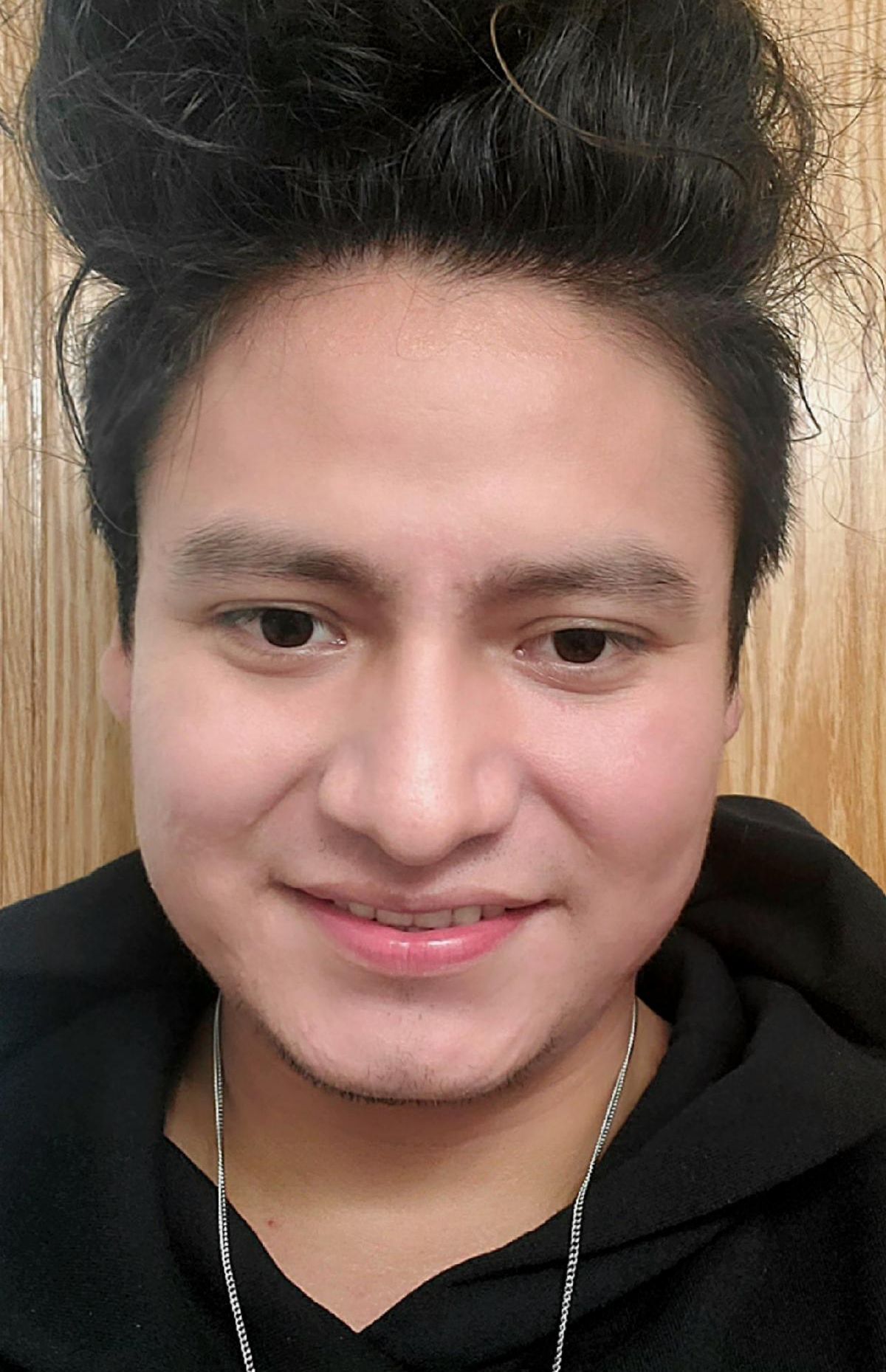Peer Leader Stories
From Bridge Coach to Graphic Designer: Byron Chamorro
 Byron Chamorro first arrived at CARA in the fall of 2015 as part of our first cohort of year-round Bridge Coaches. He continued coaching for his high school, the Expeditionary School for Community Leaders, for 3 years, and then moved on to coach at another high school. Since 2019, he has also served as CARA’s graphic designer, doing everything from creating report and curriculum designs, to managing our website, to creating these monthly Eblasts. He also works for other organizations as a freelance designer and will receive a bachelor’s of fine arts in Graphic Design from New York City College of Technology in May of 2023.
Byron Chamorro first arrived at CARA in the fall of 2015 as part of our first cohort of year-round Bridge Coaches. He continued coaching for his high school, the Expeditionary School for Community Leaders, for 3 years, and then moved on to coach at another high school. Since 2019, he has also served as CARA’s graphic designer, doing everything from creating report and curriculum designs, to managing our website, to creating these monthly Eblasts. He also works for other organizations as a freelance designer and will receive a bachelor’s of fine arts in Graphic Design from New York City College of Technology in May of 2023.
How did you become a Bridge Coach?
I was struggling a lot with financial aid and at one point I was just giving up on continuing to enroll in college. So my counselor, she saw the determination that I had and, you know, everything that was going on and that I needed a job also.
I didn’t used to be someone that could talk to a group of people and be comfortable. I knew that the job would require me to lead workshops, and talk to students, explain things, things like that. So I saw it as an opportunity to get out of my comfort zone and I said yes. Read more of Byron Chamorro
Bridge Coaches Talk about Their Work
CARA’s College Bridge program addresses summer melt & the gap in college and career guidance for first-generation college students, low-income students, and students of color. It does this by training current college students, called Bridge Coaches, to support graduating high school students during their senior year, and summer before matriculation, through their college and career application and enrollment process.
YOUTH LEADERS IN ACTION
PERSONAL STATEMENT is a feature-length documentary film that showcases the challenges that young people face who are the first in their family to attend college – and the remarkable potential of peer leadership to address those challenges.
To learn more about PERSONAL STATEMENT, you can visit the film’s website at www.PersonalStatementFilm.com
If you are interested in bringing the full length film to your school or community, you can learn more about how to do so through Good Docs.
The following short video, “Youth Leaders in Action,” features the three main characters of the film at work in their own communities, and demonstrates the power of CARA’s peer-to-peer model.